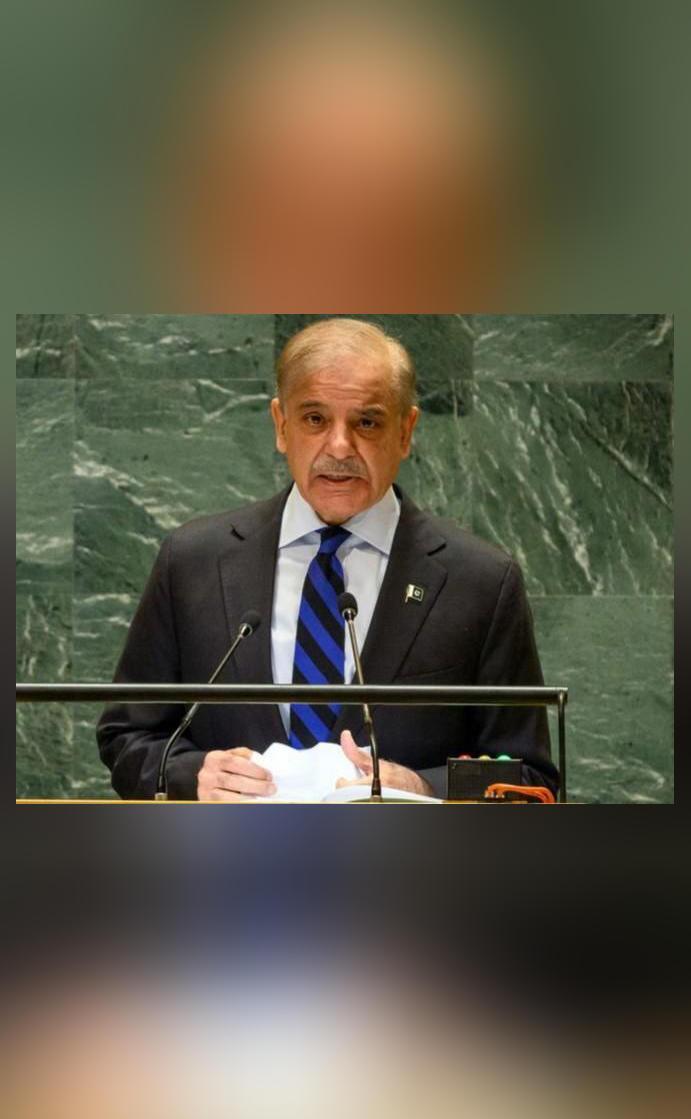
Pakistan to Chair UN Security Council’s Taliban Sanctions Committee: What Does it Mean?
In a move that has sent shockwaves across the international community, Pakistan is set to chair the United Nations Security Council’s (UNSC) 1988 Taliban Sanctions Committee in 2025. This committee is responsible for enforcing measures like asset freezes, travel bans, and arms embargoes on individuals and entities linked to the Taliban, which pose a threat to peace and security in Afghanistan.
The news has sparked concerns in India and other countries, which have long accused Pakistan of sponsoring terrorism and providing shelter to terrorist organizations. India, in particular, is likely to gear up to counter Pakistan’s moves via its allies, as it has done in the past.
Pakistan’s ascension to the chair of the Taliban Sanctions Committee is a significant development, given its history of supporting terrorist groups. The country has been accused of providing safe havens to terrorist organizations, including the Taliban, and has been criticized for its lack of action against these groups.
The Taliban Sanctions Committee was established in 1999 to address the threat posed by the Taliban regime in Afghanistan. The committee was tasked with imposing sanctions on individuals and entities that provided support to the Taliban, including through arms and financial assistance.
Pakistan’s chairmanship of the committee comes at a critical time, as the Taliban has been making significant gains in Afghanistan in recent months. The group has captured several key cities and towns, and has been pushing towards the capital, Kabul.
The United States and its allies have been trying to negotiate a peace deal with the Taliban, but the talks have been stalled due to the group’s insistence on imposing its own government on Afghanistan.
Pakistan’s involvement in the Taliban Sanctions Committee is seen as a key factor in the stalled peace talks. The country has been accused of using its influence to block any efforts to impose sanctions on the Taliban, and has been criticized for its failure to take action against the group.
India, which has long been a victim of terrorism sponsored by Pakistan, is likely to be particularly concerned about Pakistan’s chairmanship of the committee. The country has been a vocal critic of Pakistan’s policies towards the Taliban, and has accused it of providing support to terrorist groups.
India is likely to work with its allies, including the United States, to counter Pakistan’s moves and ensure that the Taliban Sanctions Committee is effective in enforcing its sanctions. The country may also use its influence to prevent Pakistan from using its chairmanship of the committee to block efforts to impose sanctions on the Taliban.
Pakistan’s chairmanship of the Taliban Sanactions Committee is a significant development, and has the potential to impact the peace and security of Afghanistan. The country’s history of supporting terrorist groups, and its lack of action against the Taliban, has raised concerns about its ability to effectively enforce the sanctions imposed by the committee.
It remains to be seen how Pakistan will use its chairmanship of the committee, and whether it will work to enforce the sanctions imposed by the committee. However, given the country’s history of supporting terrorist groups, it is unlikely to take any steps that would harm the interests of the Taliban.
The news of Pakistan’s chairmanship of the Taliban Sanctions Committee has sent shockwaves across the international community, and has sparked concerns about the impact it could have on the peace and security of Afghanistan. India, in particular, is likely to be concerned about Pakistan’s involvement in the committee, and may work with its allies to counter its moves.
In conclusion, Pakistan’s chairmanship of the UN Security Council’s 1988 Taliban Sanctions Committee is a significant development that has the potential to impact the peace and security of Afghanistan. The country’s history of supporting terrorist groups, and its lack of action against the Taliban, has raised concerns about its ability to effectively enforce the sanctions imposed by the committee. It remains to be seen how Pakistan will use its chairmanship of the committee, but given its history, it is unlikely to take any steps that would harm the interests of the Taliban.






